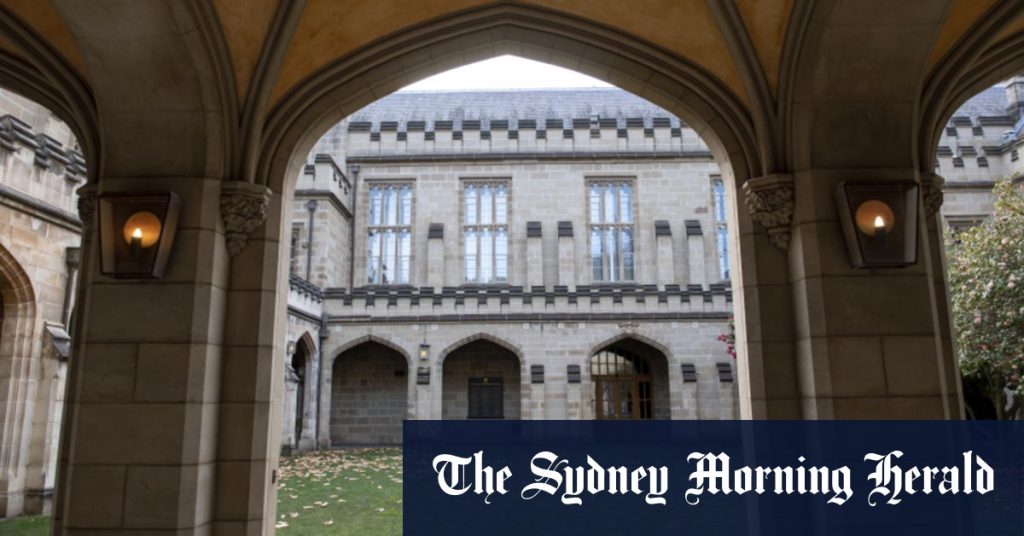The plan to be put to state ministers on Friday is expected to propose a council of experts to oversee university governance, focusing on executive remuneration, board diversity, and workplace relations compliance. Currently, decision-making in universities is often shrouded in secrecy, with council minutes no longer being published, and student groups feeling marginalized in the decision-making process. This lack of transparency extends to private funding deals with companies like weapons manufacturers and fossil fuel companies, as well as universities not reporting data on their responses to sexual violence as promised.
State ministers have already endorsed a new federal intervention to tackle sexual violence on campus, including the creation of a student ombudsman to handle complaints against universities. However, there are concerns about further crackdowns on governance, with some university heads cautioning against over-regulation and emphasizing the importance of universities remaining autonomous. National Tertiary Education Union president Allison Barnes has expressed concern about the influence of big business appointees on university boards, leading to issues such as insecure work and wage theft on campuses.
While some argue that universities need to operate more like businesses due to funding constraints, others believe that the sector needs more independent oversight to ensure good governance practices. Higher education expert Andrew Norton acknowledges that the incomplete funding model has led to high rates of casual and insecure work across Australian campuses. There are calls to include more public sector representatives with higher education management experience on university boards, in addition to corporate appointees.
Australian university executives have been criticized for being “uniquely overpaid” compared to their international peers, leading to calls to rein in spending excesses within the struggling sector. Reports of lavish spending on things like private, soundproofed ensuites and expensive going away parties for vice chancellors have sparked outrage. Calls to curb chancellory pay packets have been made, with a parliamentary inquiry in NSW finding that the disparity between vice chancellors’ salaries and those of university staff was a failure of leadership that needed to be addressed.
The Australia Institute’s Jim Stanford has highlighted the need for Australian universities to address excessive spending and rein in executive remuneration. It is crucial for the sector to prioritize financial responsibility and transparency in order to address the challenges it is facing. The Group of Eight and Universities Australia have been contacted for comment on these issues, indicating a growing awareness and discussion around the need for improved governance and accountability within the higher education sector.















